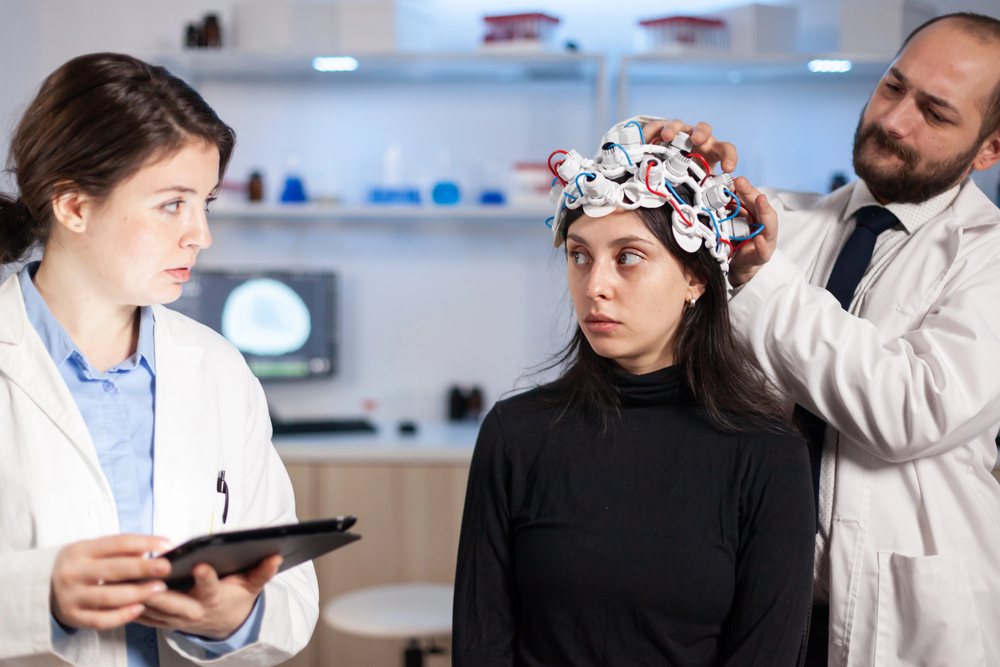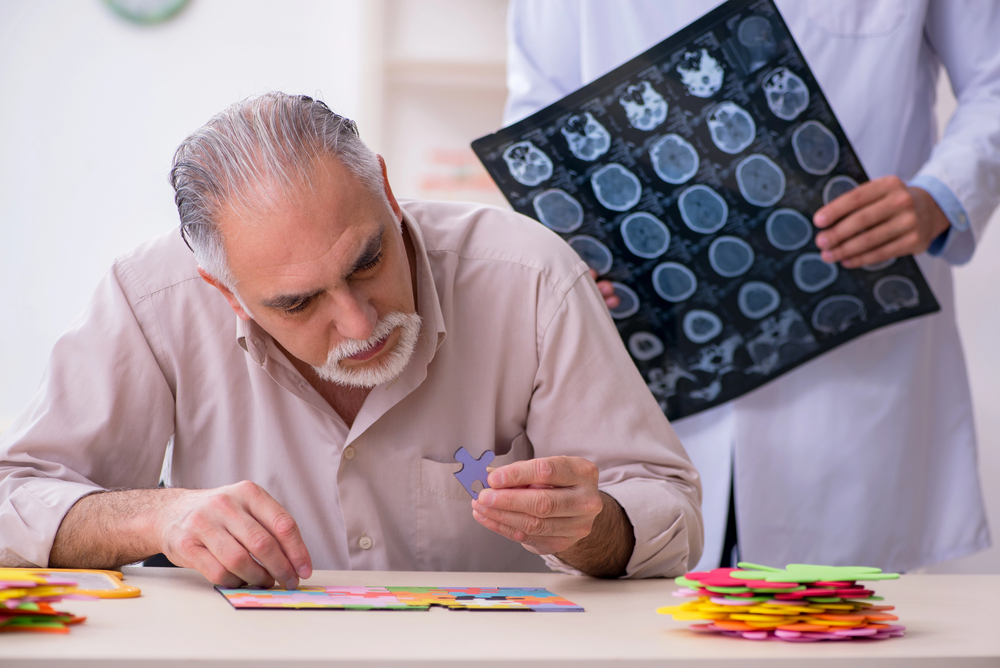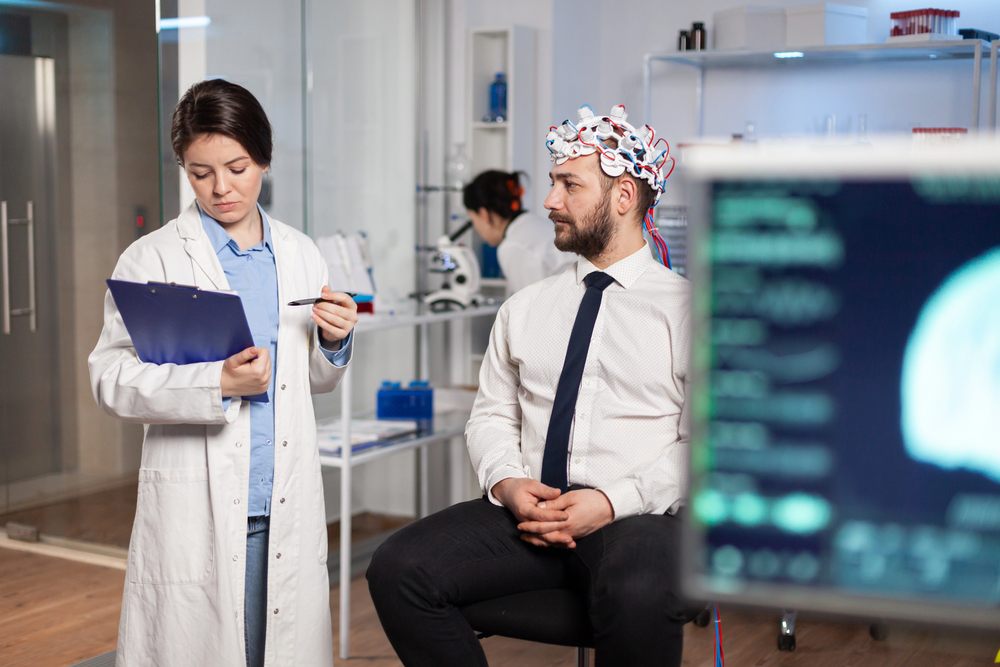
What if the most intimate aspect of you your mind, your emotions, and your inner life doesn’t disappear when your body does? For centuries, that has been at the center of one of humanity’s most profound enigmas: the “hard problem of consciousness.” It’s the puzzle of understanding how the electrical firing of neurons could ever give rise to the rich, subjective experience of life. And it is here, at the intersection of neuroscience, philosophy, and even quantum mechanics, that the argument over whether or not consciousness might exist in a nonmaterial realm after death still smolders brightly.

1. The Long Shadow of Dualism
René Descartes’ 17th-century mind-body dualism divided up human nature into two substances: the nonphysical, thinking mind and the mechanical, physical body. This concept facilitated the liberation of medicine from religious restrictions, yet it also produced a lasting split one which continues to influence how we distinguish “mental” from “physical” disease. As Dr. Neeta Mehta points out, it cost us dearly, as it diverted our attention from the dynamic nature of human beings, their relationship with nature and their actual health concerns. Contemporary neuroscience increasingly demonstrates that mind and body cannot be separated, with immune reactions, gut bacteria, and hormones all affecting mood and thought.

2. The Hard Problem and the Inner World
Philosopher David Chalmers came up with the phrase “hard problem” to describe the enigma of how brain activity is accompanied by subjective experience at all. Subjective features referred to as “qualia” such as the redness of red or the ache of sorrow appear to be impossible to define in terms that are purely physical. Dualists contend these phenomena demonstrate an immaterial aspect of the mind. But skeptics counter: if consciousness originates elsewhere, why does brain damage so consistently change it?

3. When the Brain Rewrites the Self
Examples such as Phineas Gage, whose personality changed radically following frontal lobe damage, demonstrate how physical alterations in the brain will alter “who” an individual is. In one striking clinical example, a brain tumor in journalist Ulrike Meinhof’s amygdala preceded her transformation from soft-pedaling reporter to brutal militant. Large-scale investigations of survivors of traumatic brain injury identify pervasive patterns of change in behavioural regulation, affective regulation, and engagement mappable and measurable dimensions of personality. These changes disprove the notion of an unchanging, immaterial self that is not affected by biology.

4. Quantum Consciousness and the Penrose–Hameroff Hypothesis
Physicist Roger Penrose and anesthesiologist Stuart Hameroff’s “Orchestrated Objective Reduction” theory posits that microtubules within neurons are able to maintain quantum states, collapsing into conscious moments through quantum gravity effects. They posit that this process draws on a fundamental level of reality, with consciousness “returning” to it after death. Elegant as the theory is, it is unproven, and some experiments direct the opposite way showing that consciousness could cause, not result from, collapse of quantum states.

5. Panpsychism and the Conscious Universe
Panpsychism is extreme in its position: consciousness is an elementary feature of all matter, from human brains to the rocks at our feet. Integrated Information Theory (IIT), created by Giulio Tononi, gives us a mathematical twist suggesting that any system with a sufficient level of integrated cause-effect power will possess consciousness. This would mean even simple circuits might, theoretically, experience a glimmer of experience. Critics caution that this “too low a bar” threatens to redefine consciousness out of recognition, but proponents of IIT reply that intuition isn’t always an adequate guide.

6. Technology’s Power to Edit the Self
Neurotechnology renders the mind-body connection impossible to ignore. Individuals with deep-brain stimulators for Parkinson’s have described feeling “a different person” upon devices being disabled. Brain-computer interfaces, promising as they are in restoring movement, provoke deep questions: if modifying neural activity modifies identity, is the “self” merely the sum of brain states? As Dick Swaab insists, “We are our brains: from womb to Alzheimer’s.”

7. Ethical and Existential Ripples
If minds reconnect in a nonmaterial realm after dying, difficult questions arise: which incarnation of “you” survives the child, the grown-up, the old one? Might minds realign with fresh bodies? Who is the owner of a nonmaterial mind? And if such a place is one of ultimate tranquility, why would any mind ever abandon it for Earth’s turbulence? Such questions aren’t merely metaphysical they color our conception of justice, mourning, and the purpose of existence.

8. Bridging Science and Meaning
No theory has bridged the explanatory gap, but discussion itself is changing. Neuroscience is uncovering the stunning sophistication of brain networks 200 exabytes of storage capacity, 10¹⁵ operations per second from neurons firing and how they are shaped by environmental information. Philosophical frameworks, ranging from IIT’s integration metrics to Orch-OR’s quantum geometry, are expanding what is accepted as a scientific explanation. And the everyday realities of brain injury, disease, and technological intervention continue to anchor these arguments in the concrete, human interests of identity and selfhood.

Whether or not consciousness arises as a product of biology or as a portal to an immaterial dimension, investigating it promises greater appreciation of both the delicate physical brain and the immense possibilities of mind.


